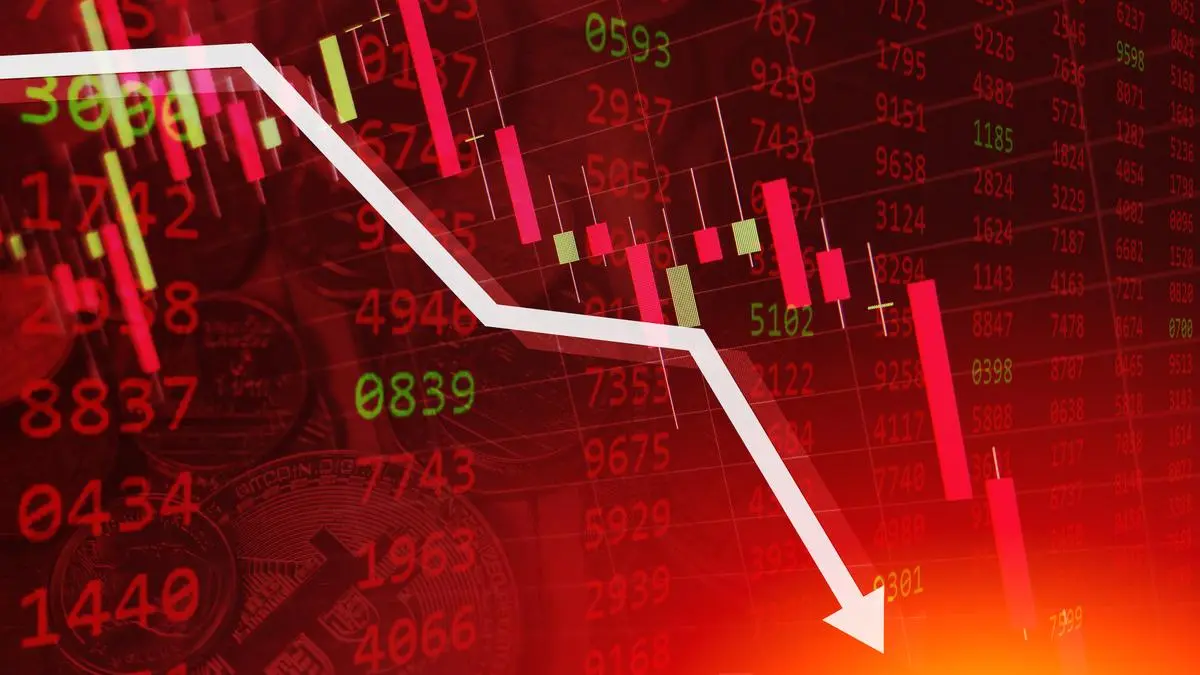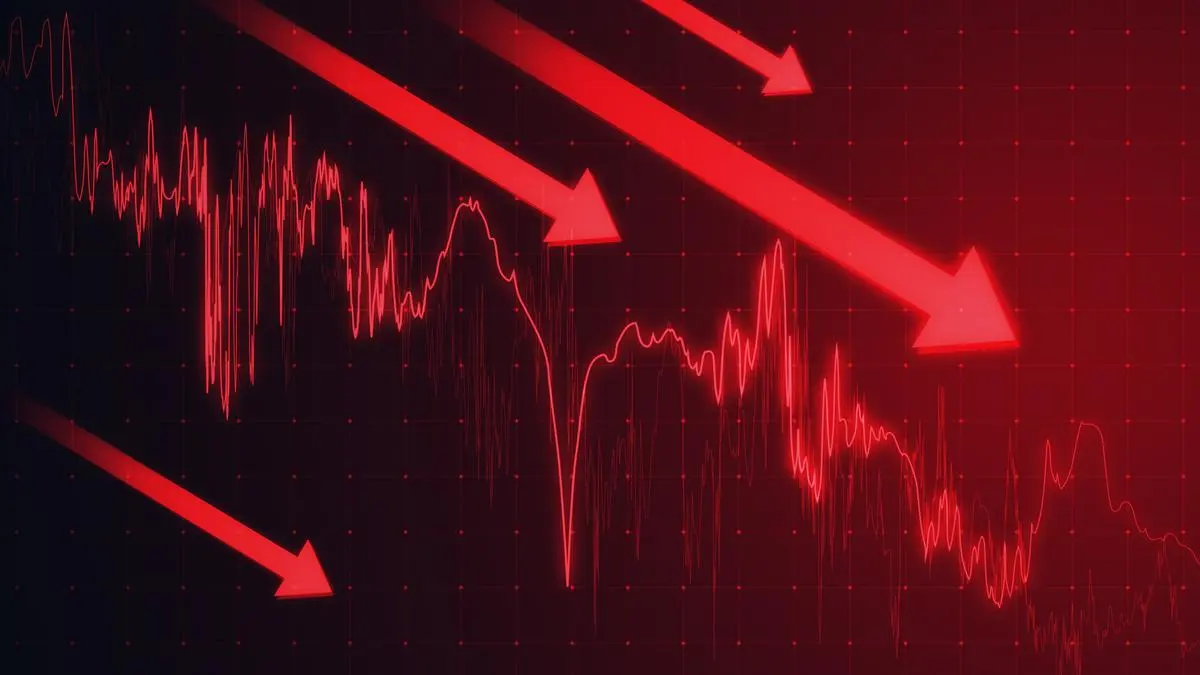FOREX
Trump-Musk rift widens over electric vehicle tax credit cut
President Donald Trump lashed out on Thursday against Elon Musk, saying he was “disappointed” by the billionaire’s public opposition to the sweeping tax-cut and spending bill that is at the heart of Trump’s agenda.
“Look, Elon and I had a great relationship. I don’t know if we will anymore,” Trump said in the Oval Office. “He said the most beautiful things about me, and he hasn’t said bad about me personally, but I’m sure that’ll be next. But I’m, I’m very disappointed in Elon. I’ve helped Elon a lot.”
Trump also asserted that Musk’s days of blistering attacks on the bill were motivated by the proposed elimination of consumer tax credits for electric vehicles. Musk, the CEO of electric vehicle maker Tesla, has said he opposes the bill because it will increase federal deficits.
Trump suggested that Musk, who received a praise-filled sendoff from Trump last week after overseeing his federal bureaucracy cost-cutting campaign, was upset because he missed working for Trump.
“He’s not the first,” Trump said. “People leave my administration ... then at some point they miss it so badly, and some of them embrace it and some of them actually become hostile.”
As Trump was speaking, Musk wrote on X, “Slim Beautiful Bill for the win,” a reference to the bill’s official title, the “Big Beautiful Bill Act.”
Musk followed that up with another post, saying he was fine with the cuts to electric vehicle credits as long as Republicans removed what he called a “mountain of disgusting pork” in wasteful spending from the bill.
Musk came into the government with brash plans to cut $2 trillion out of the federal budget. He left last week having achieved far less than that, having cut about half of 1% of total spending.
Musk has been a powerful Trump ally, spending nearly $300 billion to boost Republicans in the 2024 election and then overseeing Trump’s Department of Government Efficiency.
His work eliminating thousands of federal jobs and cutting billions of dollars in foreign aid and other programs caused disruption across federal agencies while prompting widespread protests at Tesla outlets in the U.S. and Europe.
Shares of Tesla extended losses after Trump’s criticism of Musk. The stock was lately down nearly 6%; it was off by 3% before Trump spoke.
Published on June 5, 2025



































